A portable washing machine is a compact, easy-to-move washing machine designed for those who need laundry capabilities but lack space for a full-sized washer. These machines are ideal for small apartments, dorm rooms, RVs, or even for camping. They come in various models with different features but generally share a few key characteristics:
Key Features of a Portable Washing Machine:
- Compact and Lightweight Design: Portable washing machines are significantly smaller than standard models, making them easy to store in closets or small spaces. Their lightweight design allows them to be moved around easily, and some even come with wheels for extra portability.
- Capacity: Depending on the model, the washing capacity ranges from 3 to 10 pounds of laundry per load, which is sufficient for small loads such as personal clothing, baby clothes, or small household items like towels or sheets.
- Energy and Water Efficient: These machines are designed to use less water and energy than full-sized washers. Many models have automatic water-level sensors that adjust the water usage based on the load size, reducing both water waste and electricity consumption.
- Easy Setup: Most portable washing machines can be connected to a standard kitchen or bathroom faucet with a simple hose attachment. No complicated plumbing or installation is required. They typically have drain hoses that release water directly into a sink or bathtub.
- Wash and Spin Cycles: These machines usually come with basic washing functions like wash, rinse, and spin. Some more advanced models offer multiple washing modes like gentle, normal, or heavy-duty cycles to handle different fabric types.
- Manual or Semi-Automatic Options: Some portable washing machines are semi-automatic, requiring the user to manually transfer clothes to a separate spinner after washing, while others are fully automatic, performing both washing and spinning in one machine.
- Quiet Operation: Many models are designed to operate quietly, making them suitable for apartments or homes with thin walls where noise could be an issue.
- Power Source: Portable washing machines run on standard 110-120V electrical outlets, making them compatible with most home power systems. Some smaller models may even be operated manually, using a hand crank, which is particularly useful in off-grid situations.
- Control Panel: The control panel on most portable washing machines is straightforward and user-friendly, offering basic options to control the washing cycle, water level, and spin cycle.
- Durability: While smaller than standard machines, portable washers are generally built to handle everyday wear and tear, with some models constructed from rust-resistant materials for extra durability.
Advantages of a Portable Washing Machine:
- Space-saving: Its compact design is perfect for small living spaces.
- Cost-effective: Less expensive than full-sized washers and dryers.
- Mobility: You can move it around easily to different locations.
- Versatile: It can be used in a variety of settings—apartments, RVs, or camping.
- Eco-friendly: Uses less water and energy than full-sized models.
Considerations:
- Limited Load Capacity: You can only wash smaller loads at a time, so it may not be suitable for large families.
- Manual Effort: Semi-automatic models require you to move clothes from the wash side to the spin side manually.
- Drain Placement: You’ll need a place to drain the water, such as a sink or bathtub.
Popular Models:
- Giantex Portable Mini Compact Washing Machine
- BLACK+DECKER Portable Washer
- Panda Portable Washing Machine
- KUPPET Compact Twin Tub Washing Machine
These machines are ideal for those who want the convenience of washing clothes at home but don’t have the space or budget for a traditional machine.















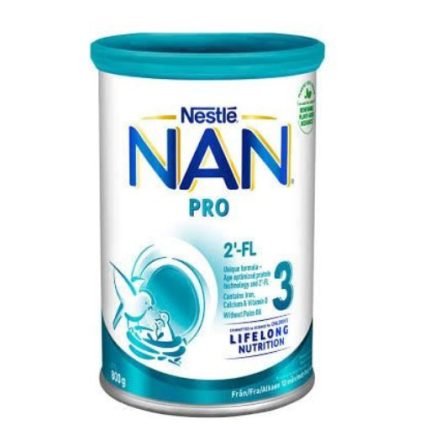




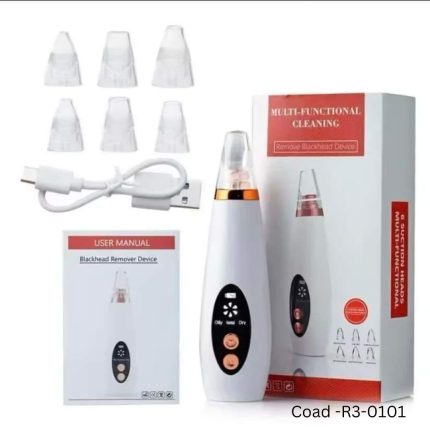

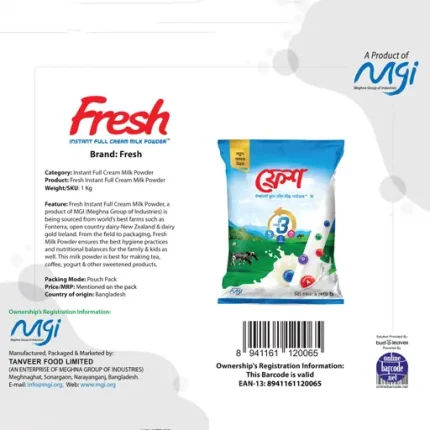
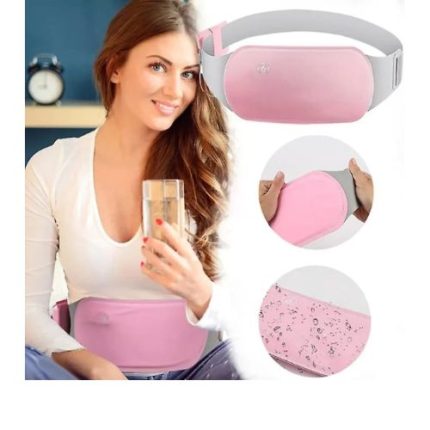
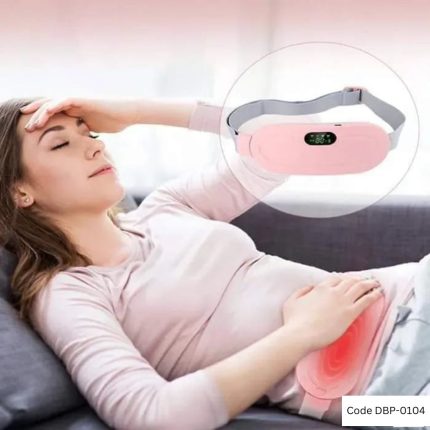

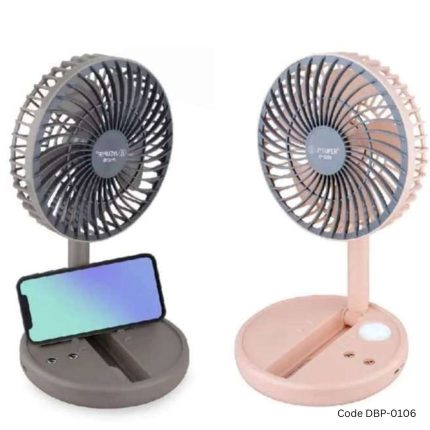
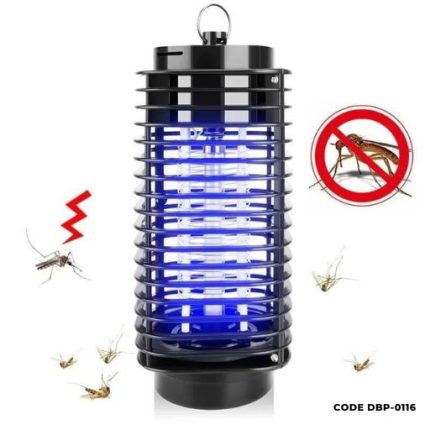
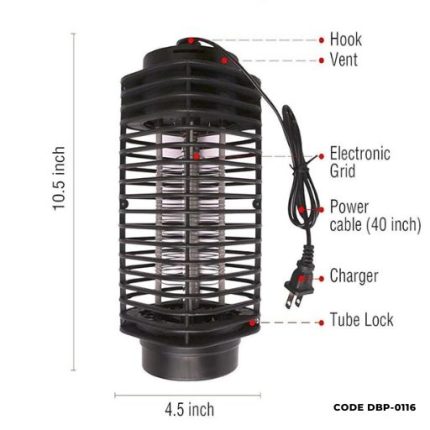

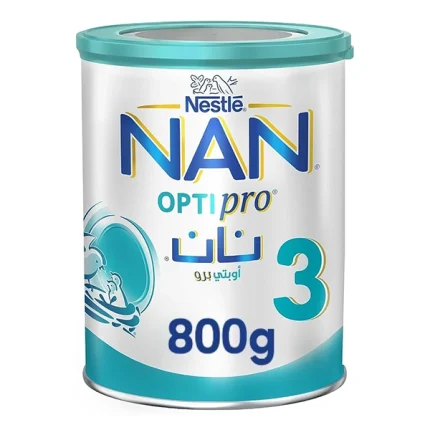
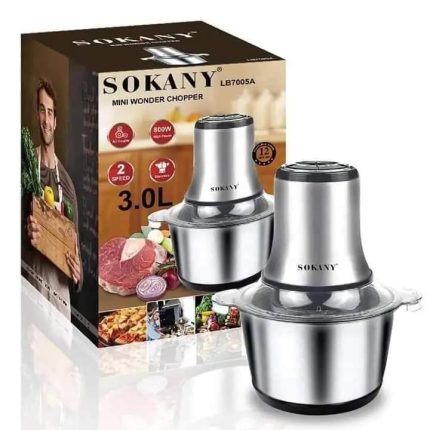







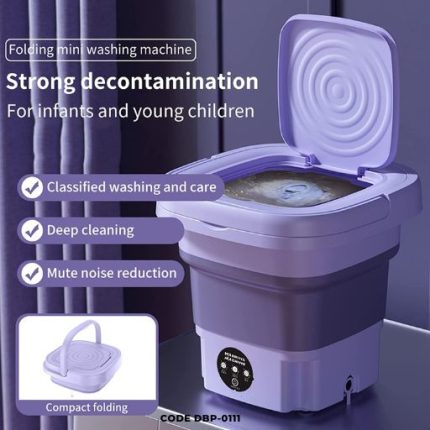
Reviews
There are no reviews yet.